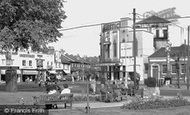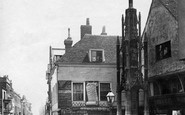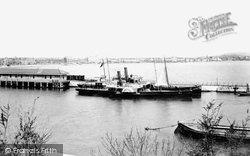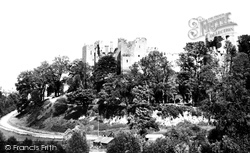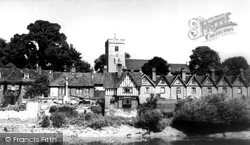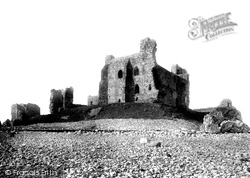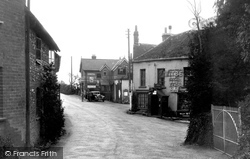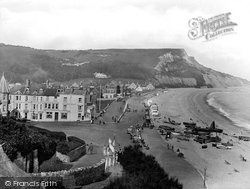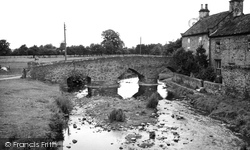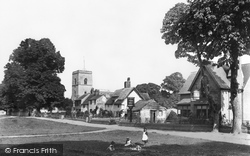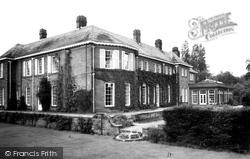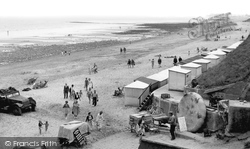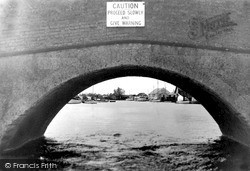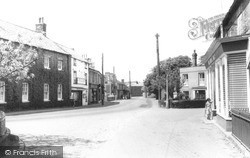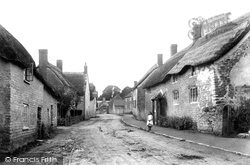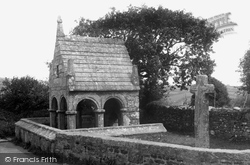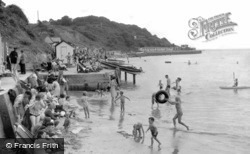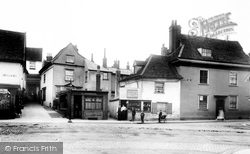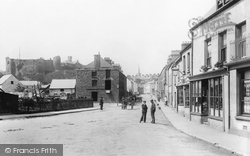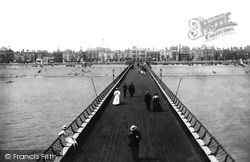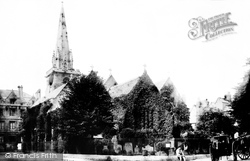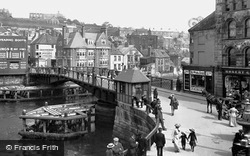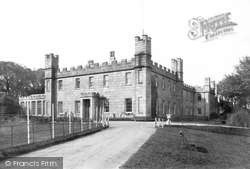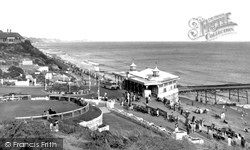Places
18 places found.
Those places high-lighted have photos. All locations may have maps, books and memories.
- Hythe, Kent
- Hythe, Hampshire
- Small Hythe, Kent
- Bablock Hythe, Oxfordshire
- Methwold Hythe, Norfolk
- Hythe, Somerset
- Hythe, Surrey
- Hythe End, Berkshire
- The Hythe, Essex
- Egham Hythe, Surrey
- West Hythe, Kent
- New Hythe, Kent
- Broad Street, Kent (near Hythe)
- Horn Street, Kent (near Hythe)
- Newbarn, Kent (near Hythe)
- Newington, Kent (near Hythe)
- Broad Street, Kent (near Hythe)
- Stone Hill, Kent (near Hythe)
Photos
360 photos found. Showing results 941 to 360.
Maps
101 maps found.
Books
10 books found. Showing results 1,129 to 10.
Memories
4,406 memories found. Showing results 471 to 480.
The Railway Inn
My Gran - Katherine Thomas - ran the Railway Inn (the Tap) for many years. My grandfather Thomas died shortly after I was born. My mother Hilda Jeffery (nee Thomas), my father William Jeffery and myself lived there. My mum died ...Read more
A memory of Llansamlet by
Happy Days
My sister and I used to visit our grandparents, Harry and Lily Bliss, who lived on Sandringham Drive, West Monkseaton. We would come down from Scotland in late June and stay for two weeks. Favourite memories include the Spanish ...Read more
A memory of North Shields in 1958 by
Straining The Memory
I attended primary school at Horstead Keynes briefly until it changed location a few miles away. (I went there as well but can't for the life of me recall the name of the place.) The head mistress was the tall and ...Read more
A memory of Horsted Keynes in 1953 by
Carrog Memory, As A Ww2 Evacuee.
I first visited Carrog in 1939 as an evacuee, at the start of World War 2. I was accompanied by my two sisters, having travelled by train from Birkenhead on the Wirral. All the evacuees were escorted to the Church ...Read more
A memory of Carrog in 1940 by
County Oak And Tushmore Sports And Social Club
Tushmore Lane and either side of the main A23 had properties forming the catchment area for club members, also another general store and petrol station. County Oak boasted a recreation ground ...Read more
A memory of Crawley in 1953 by
St Mark's School In The 1960s
I too have wonderful memories of going to St Mark's, the teachers I remember are Mr Freemantle, Mrs Carmichael, Miss Holmes, Miss Catherine and Mr Legg. The headmistress at the time was Miss Bowley, who everyone was ...Read more
A memory of Mitcham by
Mulben Station 1901 1909
My grandfather, Robert Urquhart, was a Signalman/ Porter, employed by the Highland Railway. He had served at Forres and Elgin before transferring to Mulben, about 1901. Robert (Bob) and wife Margaret (Maggie) already had ...Read more
A memory of Mulben in 1900 by
Summer Holidays
Does anyone remember Woodchurch caravan park? We used to go every year from 1969 until its closure in 1973. My aunt and uncle had a caravan there. If you came up from the village it was past the windmill over the crossroads and ...Read more
A memory of Woodchurch in 1973 by
Morris Dancing In The Streets At The Winchester May Fest
On Friday 15th & Saturday 16th May 2009, Winchester celebrated traditional and contemporary music, dance and song in venues all around the city. Many events featured Morris Dancing ...Read more
A memory of Winchester in 2009 by
Birthplace And Never Forgotten When Asked
I was born in Dysart to a mining family of 5 brothers, me being in the middle. My mum watched over us all and used to take us walks by the man in the rock along to Wemyss and back via the castle estate. ...Read more
A memory of Dysart by
Captions
4,899 captions found. Showing results 1,129 to 1,152.
The ship pictured here is one of their successors, built by the famous Lairds Shipyard in Birkenhead in the 1890s.
With its castle and town established by the Normans at the end of the 11th century, Ludlow was later to become a most important military base controlling the Welsh Marches (or borders).
A close-up of the cottages nestling by the side of the River Medway, with St Peter's Church in the background.
Piel is one of three islands off the coast at Barrow, and is crowned by the ruined remains of 14th-century Piel Castle, which boasts the largest medieval keep in the north-west of England.
The stocks and whipping post were moved from their previous position against the Bridewell wall to protect them from the 'increase in traffic' generated by the newly- built Fire Station.
At some point in its history, the fort was occupied by the Romans, for the coins of several emperors and other imperial artefacts have been found there.
Seaton is highly recommended by the medical profession for invalids and convalescent cases'.
It stands to the east of Darlington on a tributary of the mighty Tees, crossed here by the village bridge.
The 14th-century Abbey was built on land which once belonged to Abingdon Abbey, and was used as a summer retreat by the monks there.
Built in 1806 and known as Burton Hall, this gracious old building was considerably altered in the 1900s by the new owners of the Burton Estate, the Gladstone family, who also changed its name to Burton
The concrete slipway is for fishing boats, which are dragged to the water by the tank-like vehicle.
It is supposedly haunted by a phantom coach and four, which is driven by the Devil, dressed as a Bishop: it appears at midnight and plunges from the bridge into the water below.
The churchyard was the setting for the Snettisham Ghost, a late Victorian apparition described by the writer Andrew Lang and others.
Loders was built in the domain of a Benedictine Priory founded by the Norman grandee Baldwin de Redvers during the reign of Henry I.
The well is protected by the picturesque 15th-century chapel erected over it.
Colwell Bay, just west of Yarmouth, has a good mile of sand sheltered by the low cliffs behind.
One row of houses further on is the line of the old Roman wall, whilst just off-camera to the right are the ruins of the Norman St Botolph's Priory, the first in the country founded by the Augustinian
The yard to the left no longer exists and this view of the castle is largely obscured by the new public toilets!
The grace of the pier is matched by the best dresses and suits of the promenaders.
After the Dissolution of the Monasteries, it was acquired by the Crown before becoming part of Pembroke College. Its members worshipped here until the college built its own chapel in 1732.
The bridge was a favourite place where people could stop for a chat, or simply stand and watch the world go by. The
In the distance is Straight Point, a firing range much used by the Royal Marines, who are stationed at nearby Lympstone.
It was converted to a hotel in 1878 by the Great Western Railway Company. Though a much modernised hotel today, the main building has changed little in external appearance.
The structure was severely damaged during the Second World War, though it had been sympathetically restored by the time this photograph was taken during the following decade.
Places (18)
Photos (360)
Memories (4406)
Books (10)
Maps (101)

